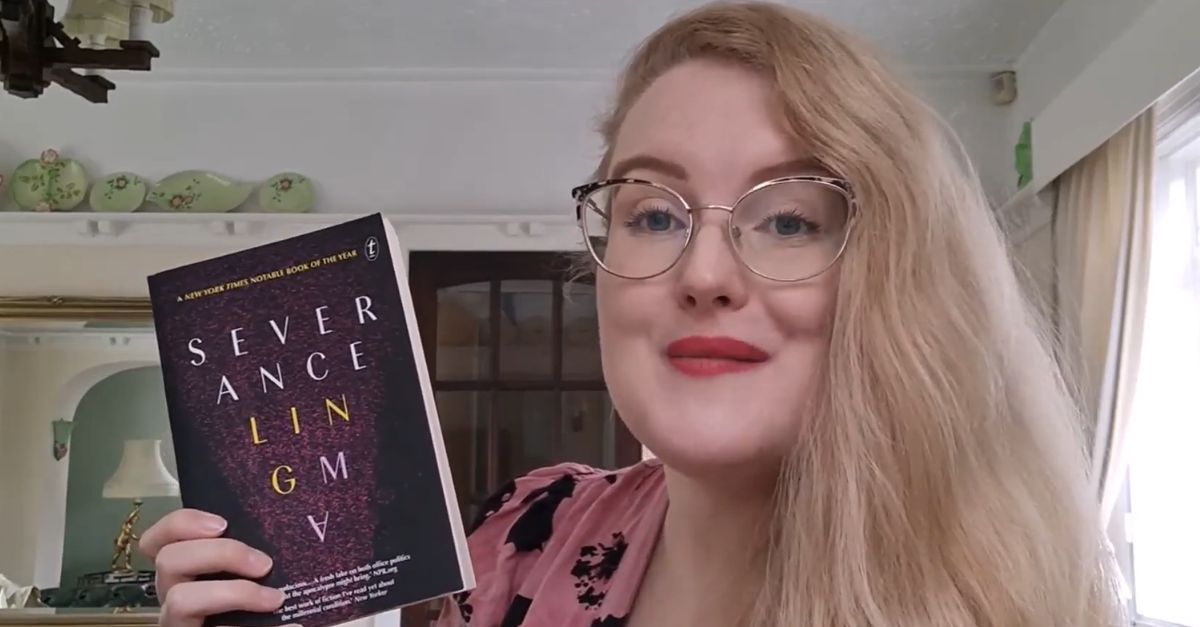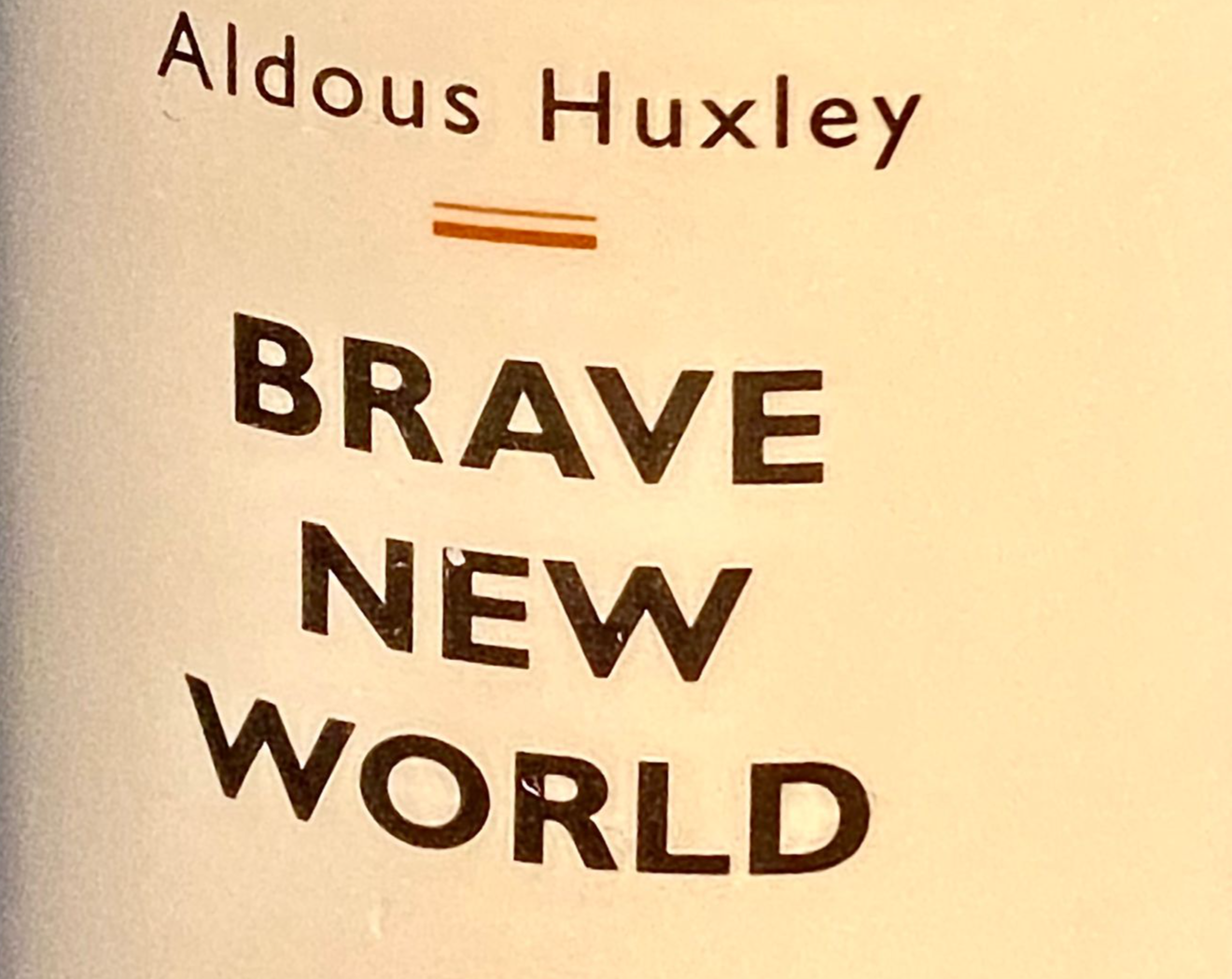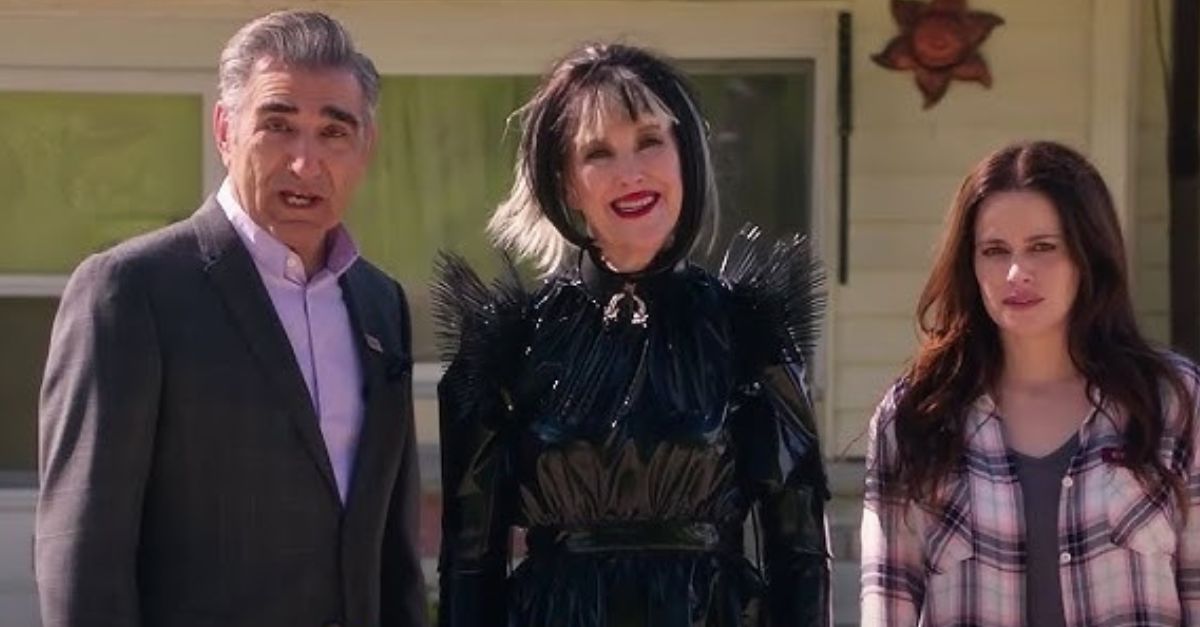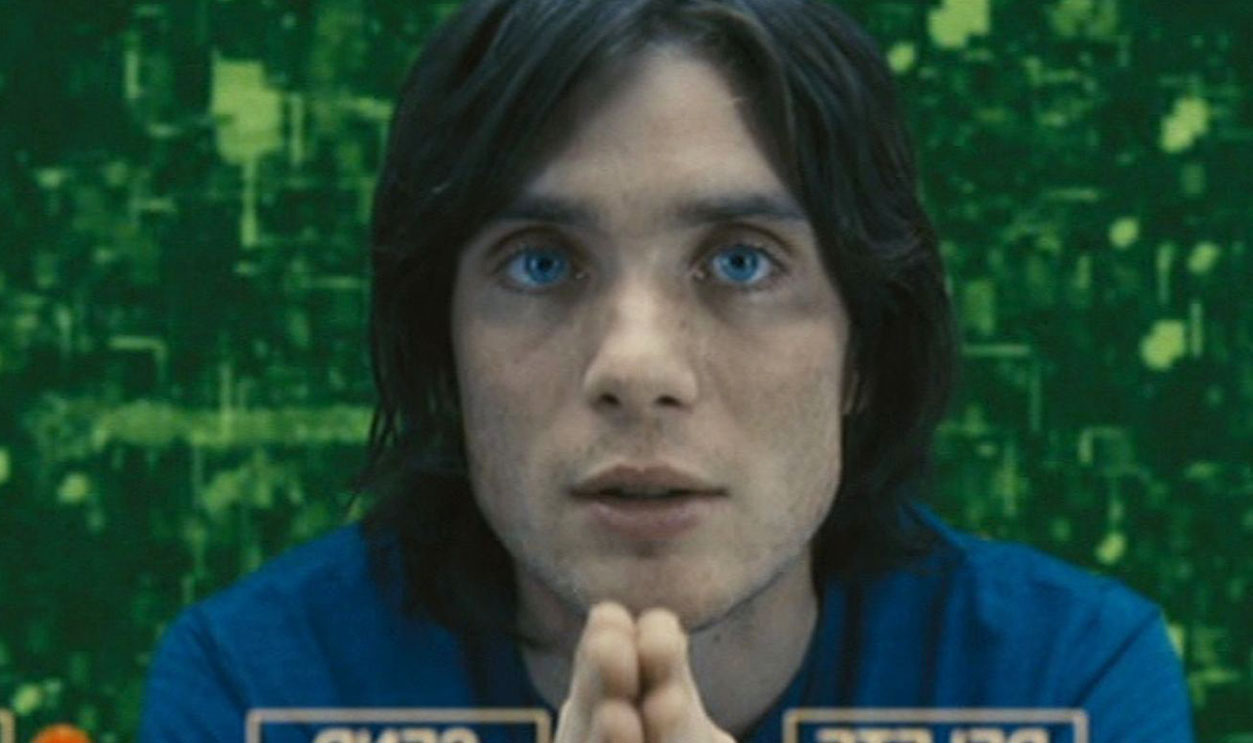Books That Turned Out to Be Warnings
Fiction once painted dystopias as distant nightmares, filled with thought control and quiet collapse. Today, many of those imagined worlds have become a reality through surveillance systems and digital dependencies.

1984 By George Orwell
A government watches your every move and tells you 2 + 2 equals 5. Sounds familiar? Orwell’s Big Brother once felt like sci-fi. Now it echoes in facial recognition tech and curated “truths”. A chilling reminder: when control wears a friendly face, reality gets blurred on purpose.
 1984 - George Orwell BOOK REVIEW by Better Than Food
1984 - George Orwell BOOK REVIEW by Better Than Food
Brave New World By Aldous Huxley
In Huxley’s vision, nobody rebels, as they’re too entertained and engineered to care. Fast-forward to today’s dopamine-chasing tech and mood-meddling meds, and suddenly, this pleasure-drenched dystopia doesn’t feel so far off. Control by comfort is sneakier than fear, and that’s exactly what makes it so dangerously effective.
Fahrenheit 451 By Ray Bradbury
Books burn, and wall-sized screens keep the people pacified. Bradbury’s world warned against censorship through pleasure, not force. Today, we fear endless content and a shrinking attention span. Knowledge hasn’t vanished, but it’s drowning in distractions, and that’s just as risky.
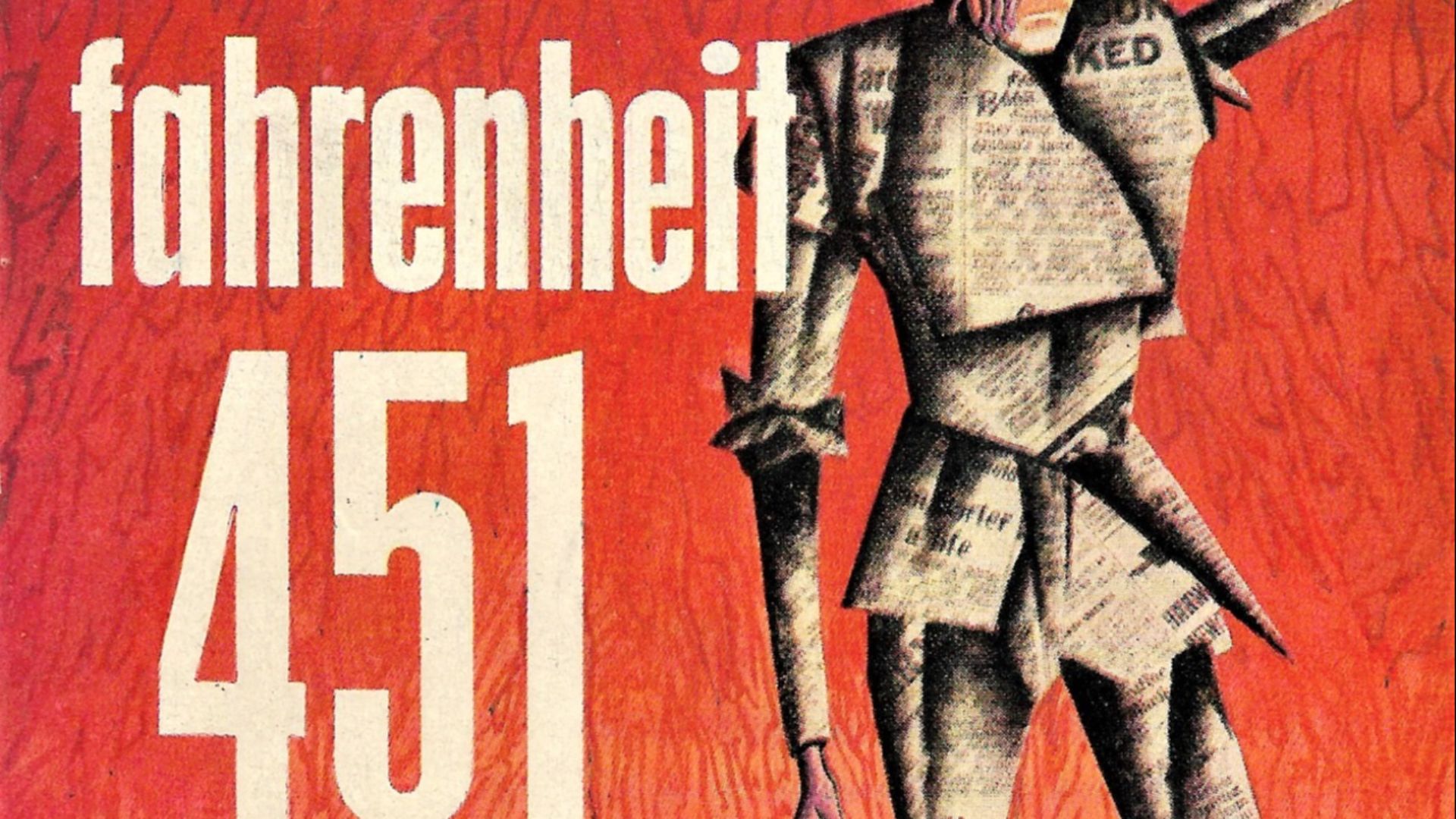 Jim Linwood, Wikimedia Commons
Jim Linwood, Wikimedia Commons
We By Yevgeny Zamyatin
Before Orwell, Zamyatin talked about a society where names are numbers and freedom is a myth. His Russian-born dystopia predicted mass surveillance and even biometric control. The creepiest part? It was banned in his homeland, and then much of it became eerily true anyway.
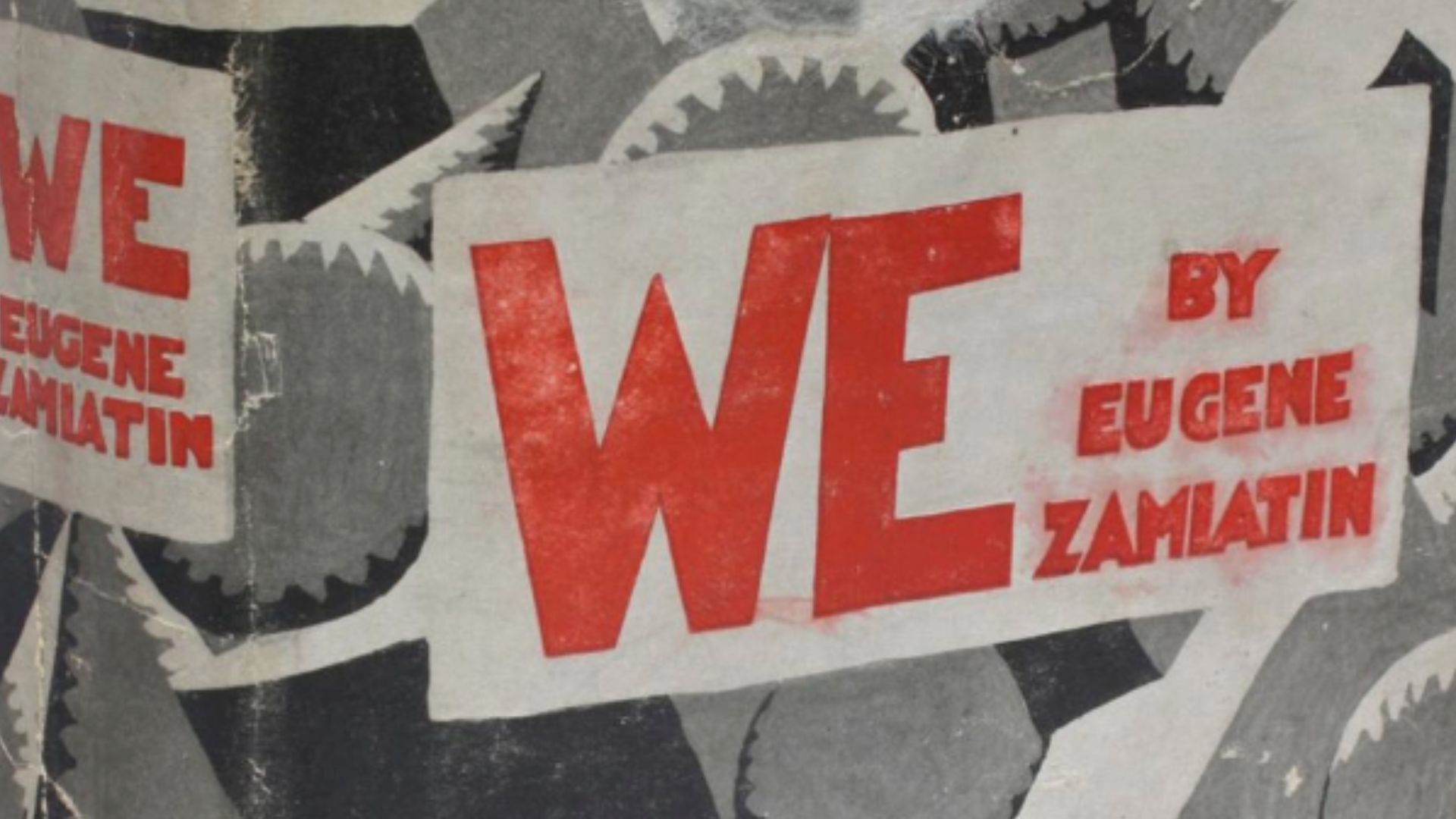 Yevgeny Zamyatin (1884-1937), Wikimedia Commons
Yevgeny Zamyatin (1884-1937), Wikimedia Commons
The Handmaid’s Tale By Margaret Atwood
A theocracy where women are walking wombs and dissent is punished with death—Atwood didn’t create a fantasy; she just connected historical dots. Today’s headlines about reproductive laws and religious extremism make her novel feel more like a preview than fiction. It’s horrifyingly familiar in real time.
 Live Reading | Margaret Atwood - The Handmaid's Tale (Part 2 | ch.13-23) by Book Club
Live Reading | Margaret Atwood - The Handmaid's Tale (Part 2 | ch.13-23) by Book Club
The Unit By Ninni Holmqvist
In a near-future welfare state, single and childless adults over 50 are deemed “dispensable”. They're sent to a luxury facility for experiments and organ harvesting. It’s utterly chilling as societies debate aging and worth. Holmqvist’s soft-spoken dystopia asks: What’s the price of not fitting the mold?
The Circle By Dave Eggers
When a tech company grows so powerful, opting out becomes suspicious. Eggers’ Circle blurs privacy and peer pressure into one smiling app. With real-world companies tracking your steps and grading your engagement, the line between helpful innovation and control-by-design is starting to fade into the touchscreen.
 The Circle | Dave Eggers | Book Review by Gowtham A R
The Circle | Dave Eggers | Book Review by Gowtham A R
Little Brother By Cory Doctorow
After a terrorist attack, the government locks down San Francisco and its citizens. Teens become hackers, and paranoia is the new law. Doctorow’s novel exploded post-Patriot Act, but now it's practically nonfiction. Surveillance disguised as safety still sparks fierce debate, especially when it’s wrapped in the flag and encryption.
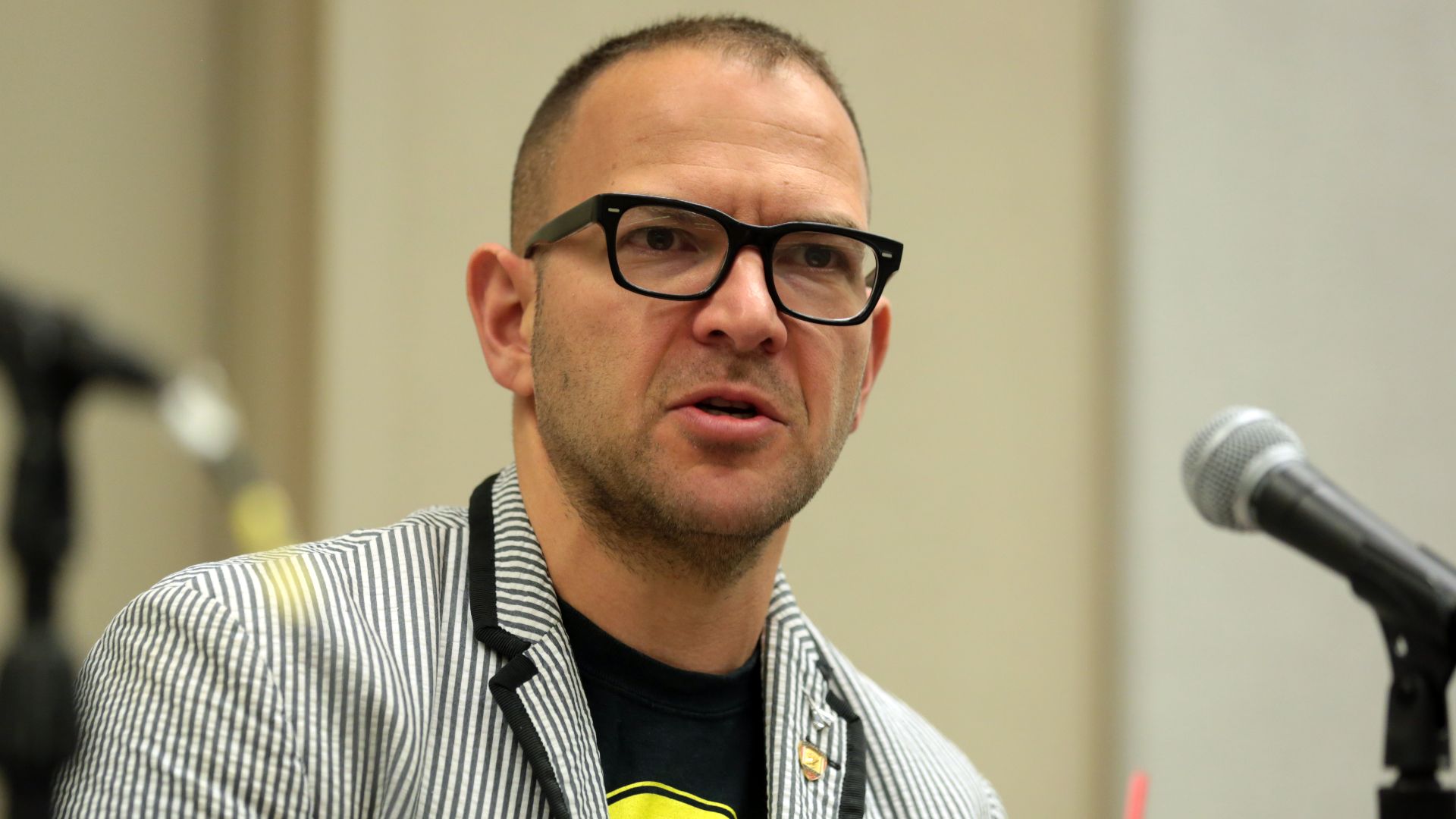 Gage Skidmore from Peoria, AZ, United States of America, Wikimedia Commons
Gage Skidmore from Peoria, AZ, United States of America, Wikimedia Commons
Feed By M T Anderson
A chip in your brain feeds nonstop ads and rewires how you think. Extreme? Maybe. But with social media’s predictive algorithms and a generation raised on screen time, Feed reads like a warning wrapped in Wi-Fi. The scariest part is that people don’t really notice it’s happening.
 Book Review: Feed by M.T. Anderson by ARRRGH! Schooling
Book Review: Feed by M.T. Anderson by ARRRGH! Schooling
The Every By Dave Eggers
In this sequel to The Circle, Eggers pushes the nightmare further. Every app wants your location and even your tone of voice. If you thought “cancel” culture and social scoring were bad, wait until they’re combined into one company—and everyone’s smiling while it’s stealing their soul.
 Unboxing The Every by Dave Eggers at Book Passage by bookpassagetv
Unboxing The Every by Dave Eggers at Book Passage by bookpassagetv
Neuromancer By William Gibson
Before the internet was real, Gibson dreamed up cyberspace and AI with attitude. Neuromancer launched cyberpunk and guessed half our future. In a world where Chatbots talk and code can kill, Gibson’s gritty net-scape feels lived-in with hackers and corporations playing god.
 How To Read Neuromancer (William Gibson) by FIT 2B READ
How To Read Neuromancer (William Gibson) by FIT 2B READ
Oryx And Crake By Margaret Atwood
A biotech genius creates a new species to set free a lab-born pandemic. Unfortunately, he ends the world while chasing perfection. Atwood explores gene editing and weaponized science. With CRISPR in labs and synthetic viruses in headlines, her tale feels uncomfortably prescient and possible.
 Jason | Oryx and Crake, Margaret Atwood | Part 1 by Words in Time
Jason | Oryx and Crake, Margaret Atwood | Part 1 by Words in Time
Never Let Me Go By Kazuo Ishiguro
Clones raised to donate organs never question their fate because they’re taught it’s normal. Ishiguro’s quiet, aching dystopia cuts deep. As bioethics and organ markets edge into public debate, this story lingers like a moral bruise. What happens when life is engineered but empathy isn’t?
 Never Let Me Go by Kazuo Ishiguro | Review by Captured in Words
Never Let Me Go by Kazuo Ishiguro | Review by Captured in Words
The Children Of Men By P D James
No babies have been born in nearly two decades. Civilization crumbles under the weight of hopelessness and extinction dread. Sounds unreal? Maybe not post-pandemic and post-fertility-decline. James imagined a world that gives up before it collapses, and that emotional exhaustion feels way too close in our era of uncertainty.
 The Children of Men - Book to Film Chat by EarnestlyEston
The Children of Men - Book to Film Chat by EarnestlyEston
Severance By Ling Ma
When a global plague spreads, capitalism carries on, and the infected go through life’s motions on repeat. This slow-burn satire is about burnout and sleepwalking through modern life. Written pre-COVID, Severance now reads like a diary entry we didn’t realize we were already writing.
 Severance by Ling Ma by Chareads
Severance by Ling Ma by Chareads
Parable Of The Sower By Octavia E Butler
The rich hide in walled enclaves, and the poor fight over water. Then, a teenage girl creates a new belief system amid chaos. Butler’s vision of climate collapse and privatized security is uncannily accurate. It’s a magnified version of what’s creeping into the headlines daily.
 Parable of the Sower by Octavia E Butler by Roro Reads
Parable of the Sower by Octavia E Butler by Roro Reads
Snow Crash By Neal Stephenson
Long before “metaverse” was a buzzword, Stephenson coined it. In this world, the US is fractured, as corporations run everything, and people live in VR to escape. There’s pizza delivery warfare and brain-hacking viruses. This might sound wild, but if you step into today’s chat rooms, you’ll realize it’s not that weird anymore.
 Snow Crash by Neal Stephenson by A Brain Trust
Snow Crash by Neal Stephenson by A Brain Trust
Jennifer Government By Max Barry
Companies own everything, even your last name. Brand loyalty becomes lethal and ads drive behavior like religion. Max Barry writes about a hyper-capitalist playground where morality is optional and price tags rule. It’s exaggerated, yes—but eerily close to what happens when commerce becomes the real commander-in-chief.
 Jennifer Government By Max Barry Review And Deep Dive by William's Library
Jennifer Government By Max Barry Review And Deep Dive by William's Library
Autonomous By Annalee Newitz
AI workers and pharma slavery—it’s all in Newitz’s future, where drug companies can literally own your body. The science is slick, but the message hits hard: what happens when profit is more protected than people? If medicine is a business, this novel shows how brutal the ledger can get.
 Autonomous by Annalee Newitz | Review #booktubesff by Kalanadi
Autonomous by Annalee Newitz | Review #booktubesff by Kalanadi
The Space Merchants By Frederik Pohl And C M Kornbluth
In this 1950s gem, ad men run the world by selling luxury and even necessities like water. Our planet is trashed, and corporations write the laws while the public is too distracted to care. If that sounds like satire, you could be ignoring the fact that some of it is already happening.
 The Space Merchants by Frederik Pohl & C. M. Kornbluth [Spoiler Free Review] by SF Words of Wonder
The Space Merchants by Frederik Pohl & C. M. Kornbluth [Spoiler Free Review] by SF Words of Wonder
Blindness By Jose Saramago
A city is struck by sudden, contagious blindness. The government panics and the society turns savage overnight. In his book, Saramago shows us how fragile civility is when fear takes the wheel. After recent global events, this once-abstract metaphor now feels painfully relatable.
 BLINDNESS BY JOSE SARAMAGO BOOK REVIEW by KDBooks
BLINDNESS BY JOSE SARAMAGO BOOK REVIEW by KDBooks
The Country Of Ice Cream Star By Sandra Newman
Newman’s lyrical apocalypse plays out like Lord of the Flies in a ruined America. A plague wipes out everyone over 20. Kids run what’s left: tribes, gangs, economy, and governments. It’s a wild ride through class and manufactured scarcity, and it feels like a warning wrapped in poetic fire and gunpowder.
 Larry D. Moore, Wikimedia Commons
Larry D. Moore, Wikimedia Commons
The Memory Police By Yoko Ogawa
Things like ribbons and birds start vanishing, and so does people’s memory of them. A silent authority enforces this erasure while the people quietly comply. Ogawa’s quiet horror reflects a truth we’re already living: when culture forgets its history, power rewrites the future. The scariest dystopias whisper everything away.
 The Memory Police by Yoko Ogawa (Book Review) by Life Lessons From Books
The Memory Police by Yoko Ogawa (Book Review) by Life Lessons From Books
Red Clocks By Leni Zumas
In a near-future America, abortion is illegal and IVF is banned, while adoption is tightly regulated. Five women’s lives collide in a chilling what-if that feels like tomorrow’s court ruling. Zumas leans on the truth by showing how quietly freedom can be whittled away while we’re watching the news.
 INTERESTING BUT MEDIOCRE: Red Clocks [Book Review] by Theresa
INTERESTING BUT MEDIOCRE: Red Clocks [Book Review] by Theresa
The Power By Naomi Alderman
Women suddenly gain the power to electrocute with a touch, and the world flips. What starts as liberation spirals into domination. Alderman’s feminist fable isn’t about vengeance but about how power itself corrupts. No gender escapes the pull of control. And in today’s charged climate, that message hits like a jolt.
 The Power by Naomi Alderman - Review by Roro Reads
The Power by Naomi Alderman - Review by Roro Reads

